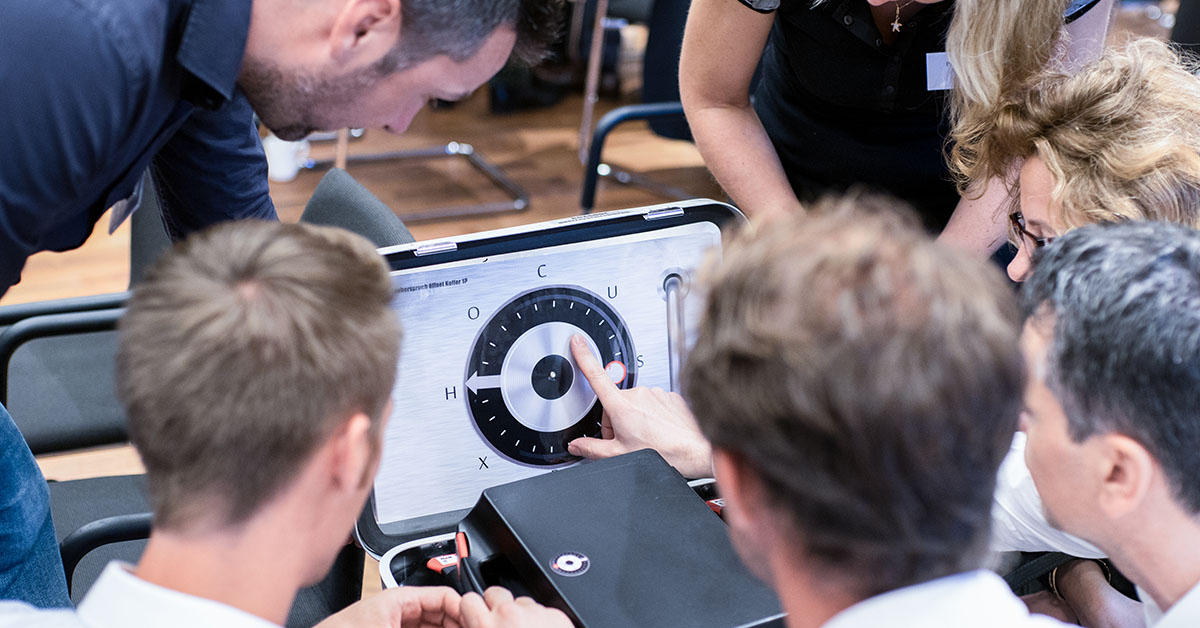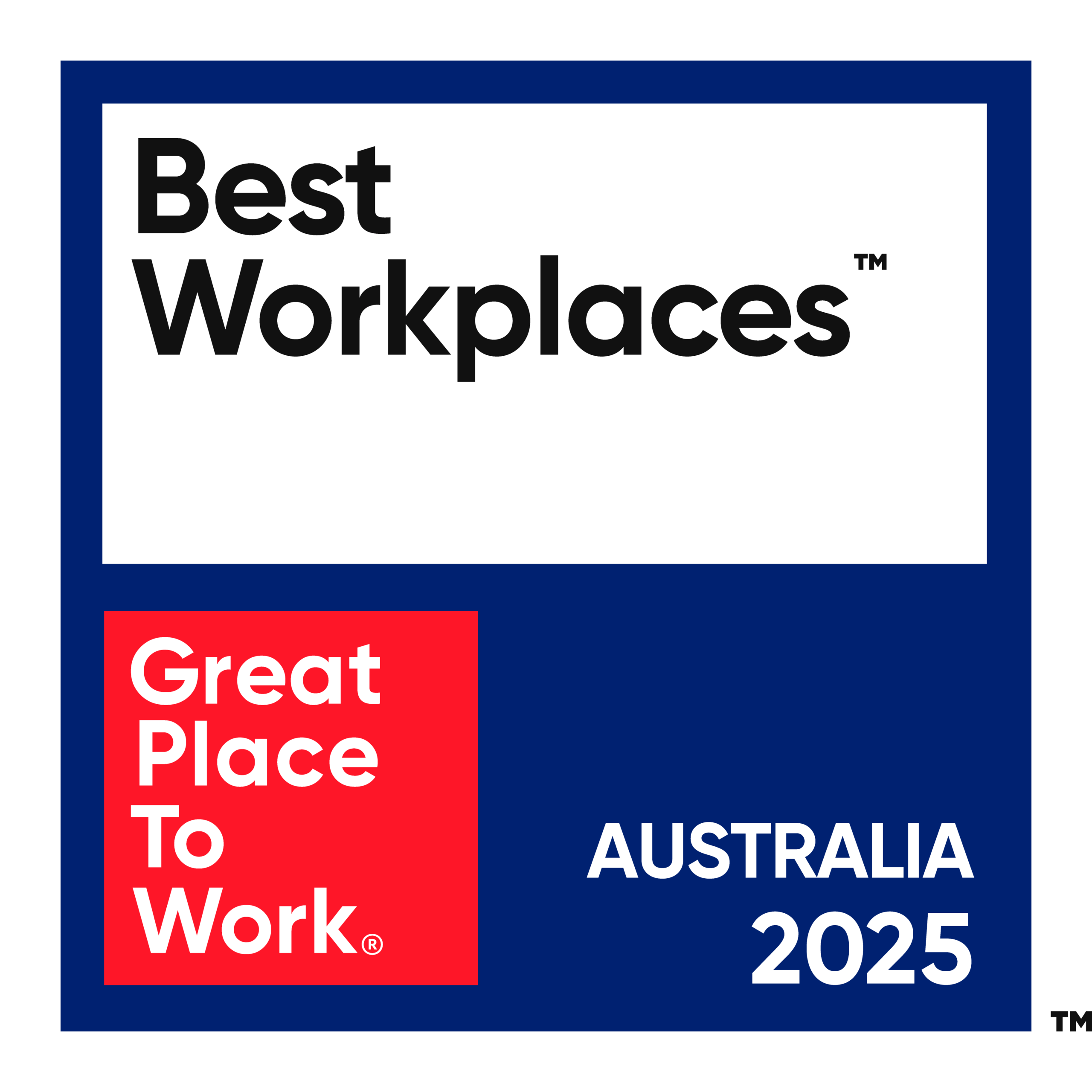Psychometric testing VS experiential assessments in graduate recruitment
Organisations are placing increasing emphasis on personality types and cultural fit when hiring, which is seeing psychometric assessments become more common during the recruitment process.
However, these tests may not be the best way to discover this information.
Psychometric assessment types include personality assessments; ability/intellectual assessments; abstract reasoning samples; verbal reasoning samples; numerical reasoning samples; motivation/values questionnaires; and interest/belief inventories.
These psychometric tests are tools used to assess a candidate’s personality, values, motivations, and abilities, to predict behaviours and job performance.
They have been used for many years in conjunction with other information such as cover letters, resumes, interviews and references, to determine whether applicants are a good “fit” for certain roles and organisations.
Monique Forsberg, a recruitment manager at Sydney-based Curtis Partnership, facilitates psychometric assessments for some of her clients, however she warns against using them in isolation.
“Psychometric testing has potential benefits and can be good in terms of determining a certain range of abilities,” she says. “But I always use them in combination with other parts of the [recruitment] process… where I get a much better sense of their personality,” she said.
“For assessing collaborative skills and skills like teamwork and leadership, I find it more illustrative to have them engage in a more experiential way,” she adds.
It is opinions like this that are seeing more and more companies lean towards experiential assessments over psychometric for recruitment and hiring purposes.
Experiential assessments enable
For example, US-based recruiting firm Oneinamil has experimented with setting candidates escape-room challenges to see what their teamwork and problem-solving skills are like, while hotel brand Marriott has a game that imitates working in a hotel and steers high scorers to their recruitment site.
While the hard data of psychometric testing can be reassuring to recruiters and employers, it’s hard to get the full measure of a graduate’s cultural fit in an organisation and potential for growth.
Many of the soft skills recruiters and employers are looking for are hard to evaluate through psychometric assessments.
However, experience-based assessments such as teamwork exercises, games and problem-solving help to reveal candidates’ collaborative and adaptive skills.
Big organisations, which are looking to attract, nurture and retain graduates, are increasingly looking to experiential assessments for the hiring process.
The Australian Federal Government’s 2021 Graduate Recruitment Assessment Centre, for example, incorporated a group activity component.
These assessment activities are designed to reveal candidates’ ability to deal with pressure, resilience, capacity for adapting, teamwork and communication – all the core competencies businesses are looking for in graduates.
While there is still a place for psychometric testing in today’s world of graduate recruitment, the data-driven approach leaves no room for establishing whether graduates have the collaborative and adaptive skills required to thrive in the modern workplace.
Including experiential assessments in the recruitment and candidate evaluation process is an excellent way to match graduates to the right roles and organisations.





